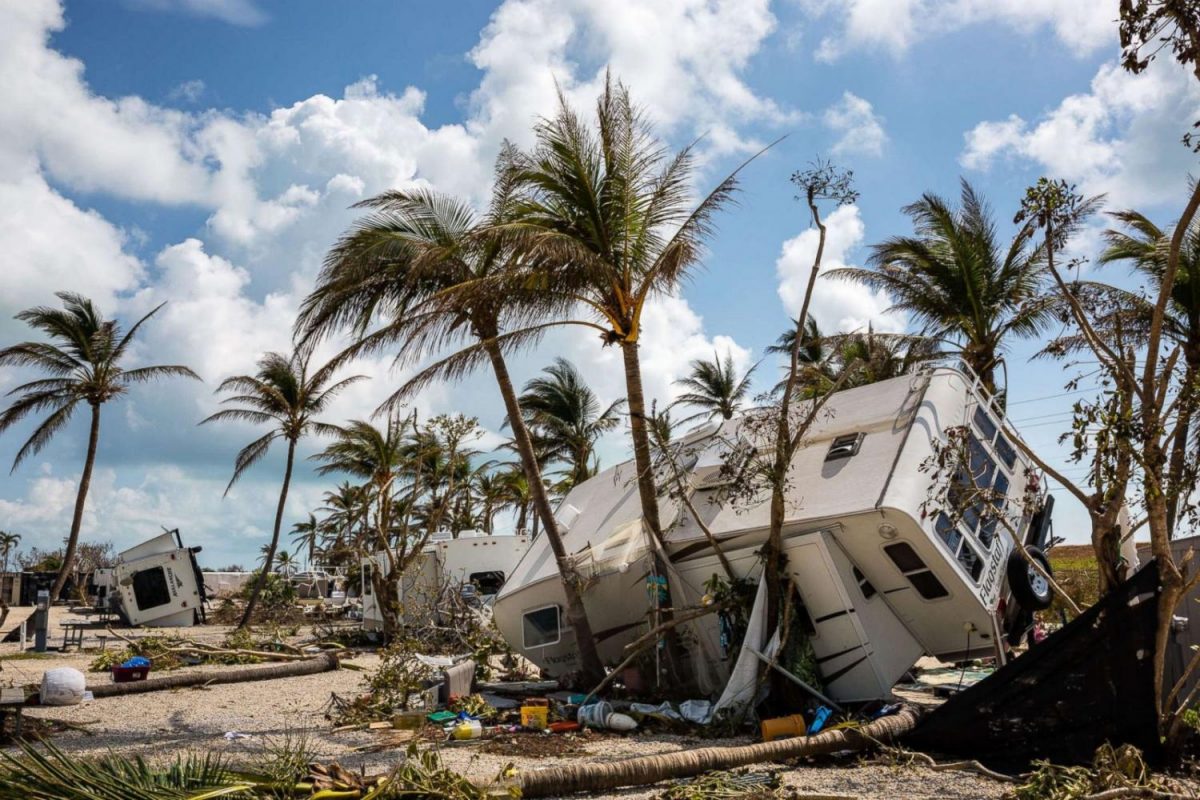
Hurricanes are an unfortunate reality for residents of Florida, bringing with them the potential for significant property damage. When disaster strikes, ensuring you receive the compensation you deserve from your insurance company hinges on one critical factor: proper documentation. Without it, the process of filing a Florida hurricane damage claim can become frustratingly complicated. In this article, we’ll explore why thorough documentation is essential and how you can best prepare to protect your interests. At Palm Partners, we’re dedicated to helping you navigate this challenging process.
Understanding the Impact of Hurricane Damage in Florida
Florida is particularly vulnerable to hurricanes due to its geographic location. Each year, the state faces the threat of powerful storms that can cause extensive damage to homes, businesses, and infrastructure. The aftermath of a hurricane can be devastating, leaving residents to deal with:
-
Structural damage to buildings
-
Flooding and water damage
-
Wind damage to roofs, windows, and exteriors
-
Loss of personal property
-
Disruption of daily life and business operations
Given the frequency and severity of these events, it is crucial for homeowners and business owners to be well-prepared for the possibility of making insurance claims.
The Role of Proper Documentation in Insurance Claims
1. Accurate Damage Assessment
Proper documentation helps create a clear and accurate assessment of the damage caused by a hurricane. This is essential for ensuring that all affected areas and items are accounted for in your claim. Detailed records allow insurance adjusters to evaluate the extent of the damage more effectively, leading to a fairer settlement.
2. Supporting Your Claim
Insurance companies require substantial evidence to support claims. Proper documentation serves as proof of the damage and its impact on your property. This includes photographs, videos, receipts, and detailed lists of damaged items. Without this evidence, it can be challenging to justify the amount you are claiming, potentially leading to reduced compensation.
3. Streamlining the Claims Process
The insurance claims process can be lengthy and complex, but proper documentation can significantly streamline it. When you provide comprehensive records, it reduces the likelihood of disputes and delays. Insurance adjusters can process your claim more efficiently when they have all the necessary information upfront.
4. Preventing Underpayment or Denial of Claims
One of the biggest challenges policyholders face is the underpayment or denial of claims. Proper documentation is your best defense against this. By presenting a well-documented claim, you minimize the risk of insurance companies undervaluing your losses or rejecting your claim altogether.
5. Facilitating Appeals
In cases where an insurance claim is denied or underpaid, proper documentation is vital for filing an appeal. Detailed records provide the evidence needed to challenge the insurer’s decision and argue for a fair resolution. Without adequate documentation, the chances of a successful appeal are significantly diminished.
How to Document Hurricane Damage Effectively
1. Take Photographs and Videos
Visual evidence is one of the most powerful tools in documenting hurricane damage. Take clear, high-resolution photographs and videos of all affected areas and items. Ensure you capture:
-
Wide-angle shots of each room and exterior
-
Close-up shots of specific damages
-
Date and time stamps on each photo and video
-
A walkthrough video of the entire property, if possible
2. Keep an Inventory of Damaged Items
Create a detailed inventory of all damaged items, including personal property, appliances, furniture, and other belongings. For each item, note:
-
Description of the item
-
Brand, model, and serial number (if applicable)
-
Estimated value or original purchase price
-
Condition before and after the hurricane
3. Save Receipts and Proof of Purchase
Receipts and proof of purchase are critical for validating the value of damaged items. Gather and store receipts for any major purchases, repairs, or replacements related to the hurricane damage. If you no longer have the original receipts, consider using credit card statements or bank records as alternative proof.
4. Document Conversations and Communications
Keep a record of all communications with your insurance company, contractors, and any other relevant parties. This includes:
-
Emails
-
Letters
-
Phone call logs (date, time, and summary of the conversation)
-
In-person meeting notes
5. Obtain Professional Assessments
In some cases, it may be beneficial to hire professionals to assess the damage. This can include:
-
Contractors or builders to provide repair estimates
-
Engineers to assess structural damage
-
Water damage specialists to evaluate flooding and mold issues
Professional assessments can provide additional credibility to your claim and help ensure that all aspects of the damage are thoroughly documented.
Common Mistakes to Avoid
1. Delaying Documentation
One of the most common mistakes is waiting too long to document the damage. Begin the documentation process as soon as it is safe to do so after the hurricane. Delays can result in further damage (e.g., mold growth) that complicates the claims process and reduces the clarity of the initial damage.
2. Incomplete Documentation
Ensure that your documentation is comprehensive. Incomplete records can lead to disputes and a lower settlement. Take the time to document all areas and items affected by the hurricane, no matter how minor they may seem.
3. Neglecting to Back Up Records
Store your documentation in multiple formats and locations to prevent loss. Digital copies of photographs, videos, and documents should be backed up on external drives, cloud storage, or both. Physical copies should be stored in a safe place, such as a fireproof safe.
4. Failing to Review Your Insurance Policy
Before a hurricane strikes, review your insurance policy to understand your coverage, limits, and exclusions. Knowing what is covered and what is not can help you document the damage more effectively and ensure you are claiming the appropriate items.
The Role of Public Adjusters
1. Expert Assistance
Public adjusters are licensed professionals who represent policyholders in the insurance claims process. They have the expertise to help you document your hurricane damage thoroughly and accurately, ensuring that no detail is overlooked.
2. Maximizing Your Settlement
Public adjusters work on your behalf to negotiate with the insurance company and maximize your settlement. They understand the nuances of insurance policies and can present your claim in the most effective way possible.
3. Reducing Stress
Dealing with hurricane damage is stressful enough without the added burden of navigating the insurance claims process. Public adjusters can handle the complex and time-consuming aspects of the claim, allowing you to focus on recovery and rebuilding.
Conclusion
Proper documentation is the cornerstone of a successful hurricane damage claim in Florida. It ensures that you have the evidence needed to support your claim, streamlines the process, and helps you receive the compensation you deserve. At Palm Partners, we understand the challenges you face in the aftermath of a hurricane, and we are here to help you every step of the way. By taking the time to document your damage thoroughly and accurately, you can protect your interests and achieve a fair settlement for your losses.
Here you can find more articles





